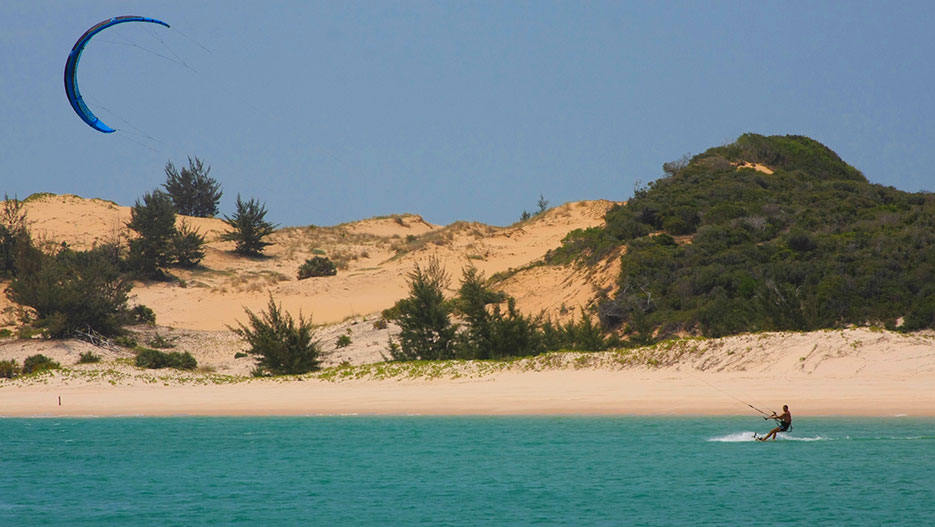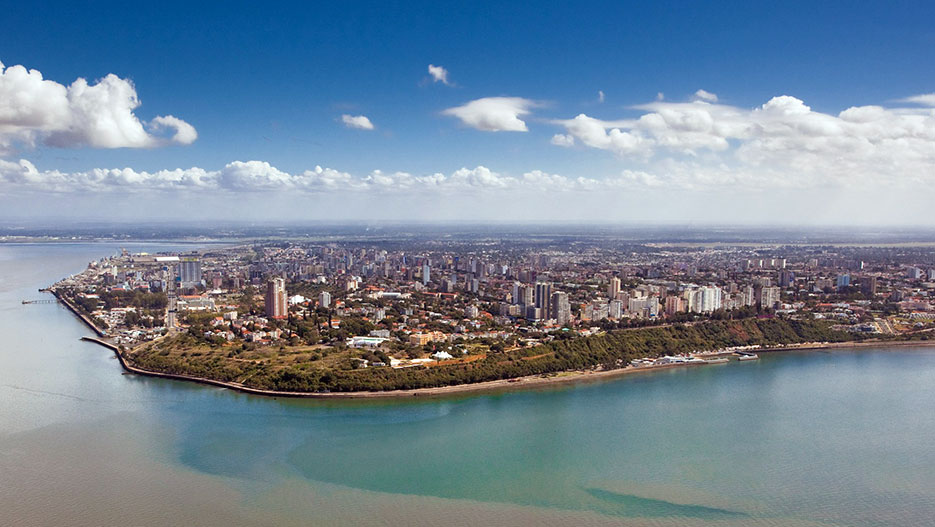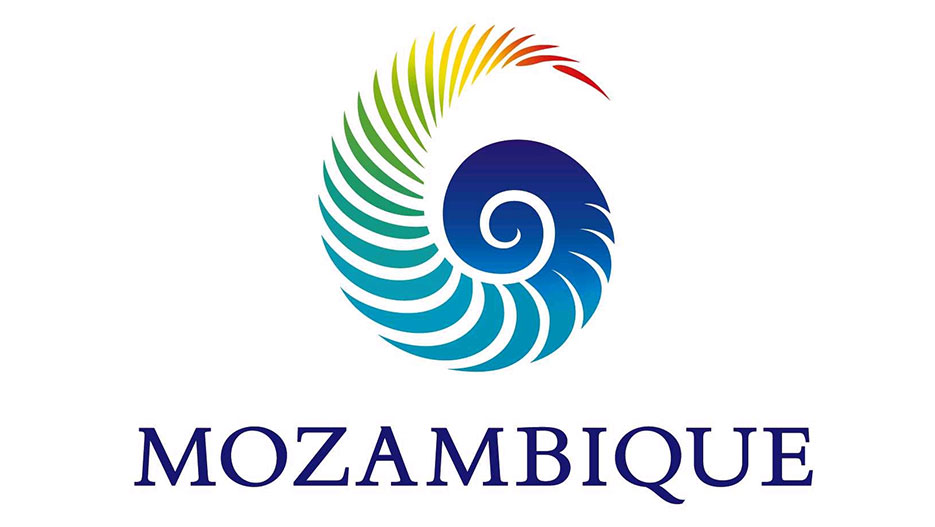Tourism Sector: A Priority for the Economic Development of Mozambique
Albino Celestino Mahumana gives an overview of the tourism sector in Mozambique, a priority since the Government adopted a strategic touristic plan electing tourism as the 4th priority sector for the economic development of the country.
Interview with Albino Celestino Mahumana, Director General of INATUR
Mozambique has a few jewels and the government has some priorities. Can you tell us what are these priorities and also why people should come here?
First of all, I would like to say that the Government adopted a strategic touristic plan in June 2015, electing tourism as the 4th priority sector for the economic development of the country on the beginning of 2016. The challenge is to define or select the priority actions to be able to achieve what is expected. There are some locations, which we believe will help improve tourism in Mozambique.
We need to work in coordination, in the sense of giving access and safety to tourists. So we need to coordinate with other departments and sectors to do so.
Vilankulo (or Vilanculos) is one of those. Vilankulo is a destination for those who want to travel to enjoy the beach. It’s an area that comprises the archipelago of Bazaruto, which is a maritime preservation area, with excellent maritime resources, with hotels and hospitality at an international level. It already has a certain international recognition, which we would like to consolidate and expand.

Near Vilankulo there is the Inhassoro priority zone for tourism (ZIT – Zona de Interesse Turístico), which is also interesting in touristic terms. For this place we would like to develop some sort of integrated tourism with golf courses, hotels and renting houses, since the ZIT is less than 20 km of Vilankulo and it will be excellent to help place Mozambique in the global touristic market. The small airport in Vilankulo was also rehabilitated and is working full time. For all of this and more, we hope to promote this destination.
Then, there is Maputo, which comprises the city of Maputo up to Ponta do Ouro. Maputo, in our point of view, is an event, business and cruises paradise. It is a destination for events, because there is a lot of culture there, and we hope to have more festivals and fairs, enclosing community tourism as well, with cultural guided routes. Moreover there are circuits for those who want to try the jungle and enjoy the beach. There is the Maputo Reserve which offers both. Last week the construction of an ecologic resort was launched and there is an effort of the government to preserve this area. A few years ago, people couldn’t see as many animals as today. Animals have been reintroduced and there is the plan to add 5.000 more in the next few years. There is also an interest to rehabilitate infrastructures and roads, for example those connecting Catembe and Ponto do Ouro and there is also the bridge over the Maputo bay, which today can only be crossed by ferry.

We also have a zone that goes from Mozambique Island (a UNESCO World Heritage site) to Quirimbas, comprising 32 islands, with excellent beaches. What we are trying to do there is to develop integrated tourism, with hotels of several levels, while integrating the community. There will be different service levels, because we know the North area has many reefs and so we will also bet on divers who can show tourists this wonders and of course, guides to show the island. Meanwhile, we will promote spectacles and community tourism, training communities to welcome tourists.
Lastly there is Niassa which comprises Lichinga, Niassa Lake and a reserve, which is one of the biggest in the country, with many animals. Niassa will be the place for adventure tourism, but not forgetting about malls, stores, etc.
In terms of priorities, we are now focusing on training, for we believe that in order to be better we have to improve workers’ training. We started doing it in Inhambane. We created a professional course which had great students feedbacks because people who qualified afterwards received many offers, which shows there is a need for training in this field. We also believe that since the Ministry of Education, Science and Technology plans on building hospitality schools in the North and in the South, it will help improving qualification. But our challenge is to find people who love to work in this field, even without an academic degree, people who can be trained by us to receive qualification and become great workers.
Then, we hope to focus on touristic promotion. Nowadays information technology is important and we need to work on network management, interacting with the market, placing the country on the map, making people think about us. Currently we need to promote investments, we need operators and investors for infrastructures, people who can build hotels and manage them, placing these hotels in the international market race. The government is also prepared for this improvement, and there are already a few tax benefits for those who want to invest.

Concluding, I would like to say that coordination is also important. We need to work in coordination, in the sense of giving access and safety to tourists. So we need to coordinate with other departments and sectors to do so.
Mozambique faces a few problems such as a crisis, political uprisings, etc. Why should an investor come here?
There are always circumstantial difficulties but those will be solved soon and now is the best time to invest. Someday this opportunity might disappear. Actually, some investors are already facing some difficulties in finding places to implant touristic projects, mainly in noble areas. In this first semester, we will invite investors to discuss a few projects we would like to implement and we are hoping to maintain a permanent interactivity with them, where a common space of interaction with the private sector will be the focus. So when time for construction comes, everyone will know what will happen. This is the time for the private sector to invest, later it might not be possible.
What will happen this year?
We are currently working on the historical Island of Mozambique and Metangula, defining areas for hotels, motels, boutiques, marine activities, etc. We are also working with engineers, ecologists and so on. In the end of this trimester, these projects will be completed.
We will also have a workshop in October to discuss current investments and possible future investments.
What is your vision for the future of the sector in 2 to 3 years’ time?
First of all, I would like to have at least 70% of qualified workers, all Mozambicans. Secondly, I would like for Mozambique to reach a global touristic market and then to be able to have the touristic sector participating in about 10% of the GDP.